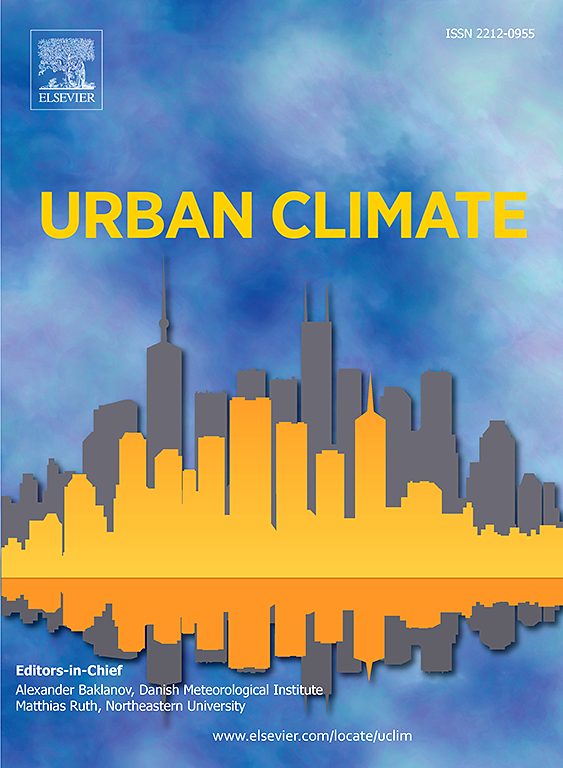A novel ensemble framework based on intelligent weight optimization and multi-model fusion for air quality index prediction
IF 6
2区 工程技术
Q1 ENVIRONMENTAL SCIENCES
引用次数: 0
Abstract
The accuracy of air quality prediction is crucial for public health and environmental management. This paper proposes a hybrid deep learning model based on TimesNet, Crossformer and Modified Honey Badger Algorithm (MHBA) for air quality prediction. First, the original air quality index (AQI) series is decomposed using Seasonal-Trend decomposition based on Loess (STL). Then, the decomposed three components are predicted separately using TimesNet and Crossformer, while the hyperparameters of TimesNet and Crossformer are optimized using the Metis algorithm. In addition, half uniform initialization and Levy flight are added to the original HBA algorithm to make up for its shortcomings of slow optimization search speed and the tendency to fall into local optimal position, and the MHBA algorithm is obtained. Finally, the MHBA algorithm is used to weight the component prediction results of the two models, and compare the advantages and disadvantages of different weighting methods, and select the optimal weighting method to get the final AQI prediction results. The experimental results show that the STL-Metis-MHBA-TC model reduces RMSE, MAE, and MAPE by 19–34 %, 22–38 %, and 22–44 %, respectively, compared to the Transformer model. Therefore, the STL-Metis-MHBA-TC hybrid model proposed in this paper can effectively improve the AQI prediction accuracy.基于智能权重优化和多模型融合的空气质量指数预测集成框架
空气质量预测的准确性对公共卫生和环境管理至关重要。本文提出了一种基于 TimesNet、Crossformer 和修正蜜獾算法(MHBA)的混合深度学习模型,用于空气质量预测。首先,使用基于黄土的季节-趋势分解(STL)对原始空气质量指数(AQI)序列进行分解。然后,使用 TimesNet 和 Crossformer 分别预测分解后的三个分量,并使用 Metis 算法优化 TimesNet 和 Crossformer 的超参数。此外,在原 HBA 算法的基础上增加了半均匀初始化和 Levy flight,弥补了其优化搜索速度慢、容易陷入局部最优位置的缺点,得到了 MHBA 算法。最后,利用 MHBA 算法对两个模型的分量预测结果进行加权,比较不同加权方法的优缺点,选择最优加权方法,得到最终的 AQI 预测结果。实验结果表明,与 Transformer 模型相比,STL-Metis-MHBA-TC 模型的 RMSE、MAE 和 MAPE 分别降低了 19-34%、22-38% 和 22-44%。因此,本文提出的 STL-Metis-MHBA-TC 混合模型可以有效提高空气质量指数的预测精度。
本文章由计算机程序翻译,如有差异,请以英文原文为准。
求助全文
约1分钟内获得全文
求助全文
来源期刊

Urban Climate
Social Sciences-Urban Studies
CiteScore
9.70
自引率
9.40%
发文量
286
期刊介绍:
Urban Climate serves the scientific and decision making communities with the publication of research on theory, science and applications relevant to understanding urban climatic conditions and change in relation to their geography and to demographic, socioeconomic, institutional, technological and environmental dynamics and global change. Targeted towards both disciplinary and interdisciplinary audiences, this journal publishes original research papers, comprehensive review articles, book reviews, and short communications on topics including, but not limited to, the following:
Urban meteorology and climate[...]
Urban environmental pollution[...]
Adaptation to global change[...]
Urban economic and social issues[...]
Research Approaches[...]
 求助内容:
求助内容: 应助结果提醒方式:
应助结果提醒方式:


